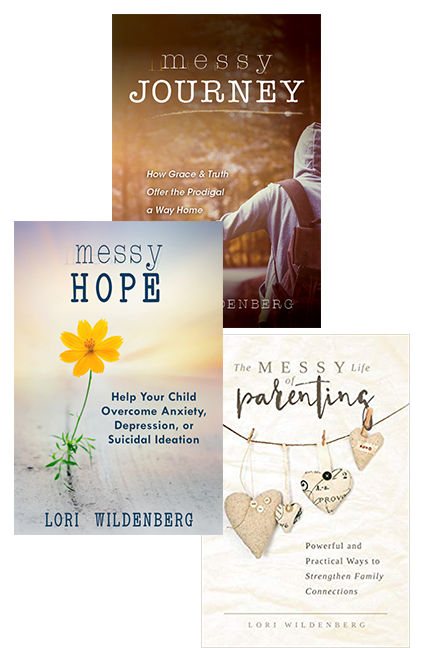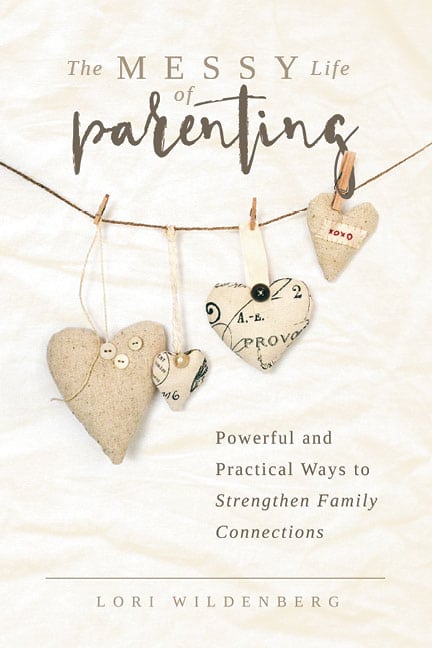Have you been left feeling befuddled following an exchange with your teen? You stand there in confusion as your teen rants and marches off? You wonder, “What happened here? How did this escalate to anger?” You reflect,“I didn’t mean that. I didn’t even say that.”
During the teen and young adult years, the young person’s filter (brain) is not yet fully developed and their perspective is skewed by their insecurities.
Tone and topic appear to be the main triggers to teen attitude. These two triggers move our young person to an emotional response rather than a logical one. Leaving mom and dad confused by what just happened.
Tone.
How we say things matters. When we present our concerns with a calm and kind approach, the conversation tends to work out a bit better. If we come to our kids in a highly emotionally state, we will get the same reaction back–only multiplied. We will have activated our young person’s fight or flight mode. And by doing this we will not be able to work through the conflict or concern we have just presented.
Topic.
Some of the topics we need to discuss with our kids are also their personal “hot spots” …our kids’ catalyst for combat. We can’t get around this but we can find a way that creates a less toxic reaction. By approaching our concerns in a way that gets the child to think and problem solve we will find we have more success.
- State your observation: “I noticed your math homework was left on the counter when you went to school.” Just the facts.
- Avoid editorializing,“You forgot your math homework on the counter again.” Your child will hear this, “You are so forgetful. You never remember anything.”
- Verbalize your concern,“I’m concerned this will affect your grade.”
- Ask a question, “What do you think a good solution might be? Would you like my help?”
If we can do these 4 things we will avoid most (not all) of those moments that generate accusations and misunderstanding. We want the exchange to move to a problem that needs to be solved not a kid who needs to be fixed. It is less personal. The child feels his parent is there to support and encourage him.
Our kids walk around with a belief about themselves, “I’m stupid. I’m fat. I’m forgetful” We want to alter this type of negative self-talk and change their perspective.By maintaining a calm and kind tone we reduce stirring that emotional teen angst. When stating just the facts our kids are better able to deal with the concern using logic rather than emotion.
Pay attention to the topics that set your young person off. You will gain insight into their personal belief about themselves. Or a belief about what they think you believe about them. If you do this, you will be better equipped to talk with your child in a way that doesn’t reinforce his false personal narrative about himself or about you.
There are times when dealing with a teen we parents feel as if we have just entered bizarro world. Well…in a way it is true. Our young person’s perspective (often false perspective) impacts interpersonal interaction. It’s up to us to help them readjust their mindset and to set the tone for productive rather than reactive conversations.
If you liked this blog here are some related ones you may want to read.
4 Secrets to Effective Communication with Your Teen
5 New Steps for Parenting Teens
7 Effective Ways to Respond to Your Teen
7 Ways to Impact Your Teen’s almost Adult Phase
5 Things Teens Need to Know About Their Parents
How to Grow Your Child’s Conscience

Licensed parent and family educator, co-founder of 1Corinthians13Parenting.com, co-author of 3 parenting books (with her 1st solo endeavor to be published in May 2017 Messy Journey: How Grace and Truth Offer the Prodigal a Way Home), mom of four (plus one daughter-in-love), wife to Tom, Contact Lori for your next event. She is also available for parent consulting and parent training courses. Lori can also be found mentoring over at MOMS Together community on Facebook.





